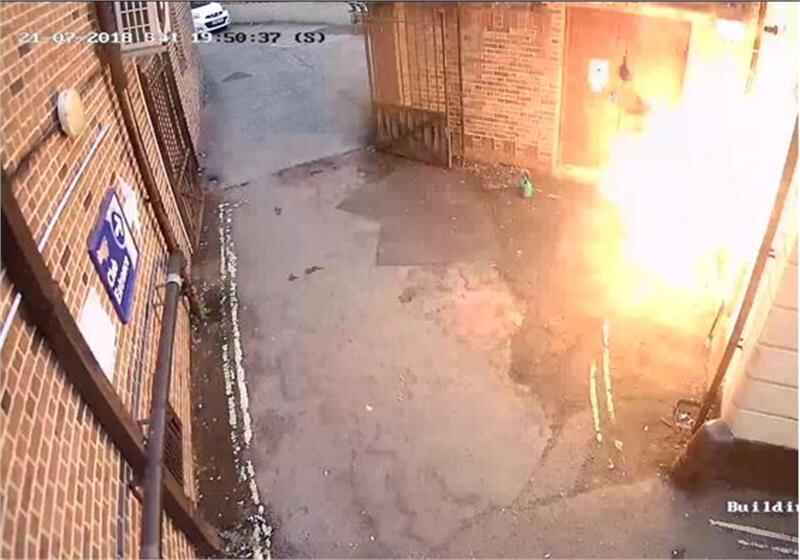CST Blog
Sheikh Raed Salah: appeal verdict
9 April 2012
It is being reported that Sheikh Raed Salah, the leader of the northern branch of Israel's Islamic Movement, has won his appeal against the decision of the Home Secretary to exclude him from the UK.
CST is disappointed that Salah's exclusion has been overturned, but we have not yet seen a copy of the judgement of the Immigration Tribunal and therefore we cannot make a general comment on the ruling or the reasons for the decision. However, there is one aspect of the media coverage of this ruling which cannot pass without immediate comment from CST.
The tribunal is being quoted as stating that the Home Secretary was "misled" and "acted as to a misapprehension as to the facts" in deciding to exclude Salah. This appears to relate to the government's use of a poem that Salah wrote in 2002, an inaccurate version of which was reported in the Jerusalem Post in 2009. Some of the media coverage (for example in the Guardian) has noted that CST provided several pieces of evidence to the Home Office regarding Salah's previous statements and activities, and carries the implication that CST is reponsible for misleading the Home Secretary by providing her with inaccurate information.
This implication is something that CST utterly rejects, and which is not supported by the facts.
Far from misleading anybody with inaccurate information, throughout this process we have done more than anybody else to ensure that the most accurate information possible was available for the government, and the immigration appeal tribunal, to use in making their decisions.
Firstly, it is important to state that CST did not provide the Jerusalem Post report of the 2002 poem to the Home Office. Secondly, it was CST - not Salah or his supporters - who located an original copy of the poem and provided it to the government, in Arabic and with an English translation. We did the same with a transcript of Salah's 2007 speech, for which he faces charges in Israel of incitement to racism and incitement to violence.
We have already written in detail about our role in locating accurate versions of the 2002 poem and the 2007 speech on the CST Blog, here. In contrast, Salah and his UK supporters put out several contradictory statements regarding the 2007 speech, which we documented here.
We also located a copy of the 2005 plea bargain in which Salah admitted his involvement in organisations that have been banned in Israel for funding Hamas. Again, we did this to ensure that the government and the immigration tribunal would be as well informed as possible in making their decisions. Again, nobody else provided this information either to the government or to the immigration tribunal, despite the fact that we obtained it all from public sources.
The Guardian also reports that witnesses who appeared for Salah's defence argued that CST "failed to distinguish between antisemitism and criticism of the actions of the Israeli state". Again, this is something we reject. Neither of the witnesses who made this claim - a former policeman, Bob Lambert, and a sociology professor, David Miller - are experts on antisemitism. CST's Antisemitic Incidents Reports and Antisemitic Discourse Reports, which are available on the CST website, explain very clearly that we do not see antisemitism and criticism of Israel as the same thing. For example, page 32 of our 2011 Antisemitic Incidents Report (pdf) explains in detail the criteria we use to decide whether a potential antisemitic incident is antisemitic or not.

